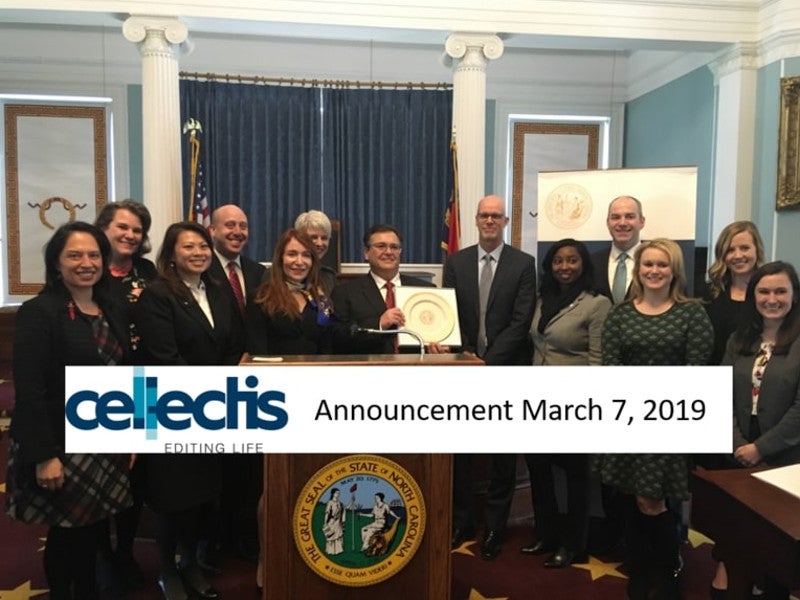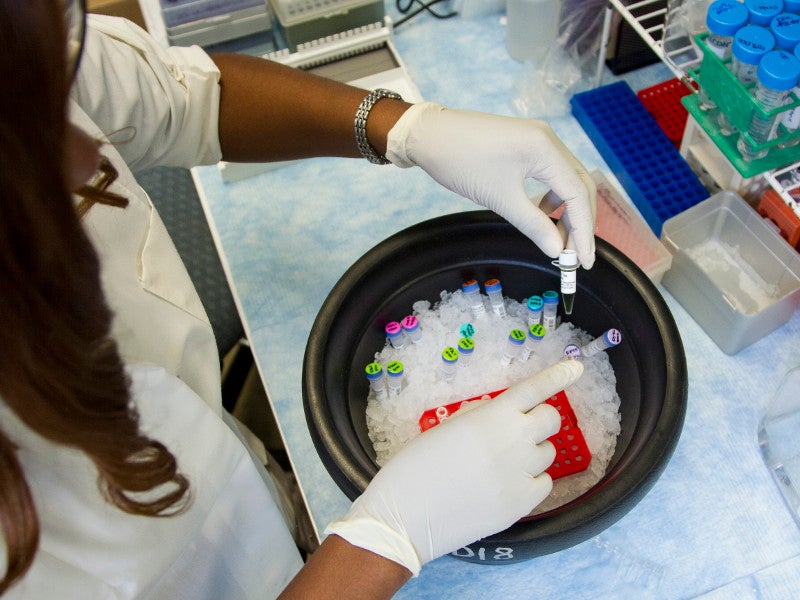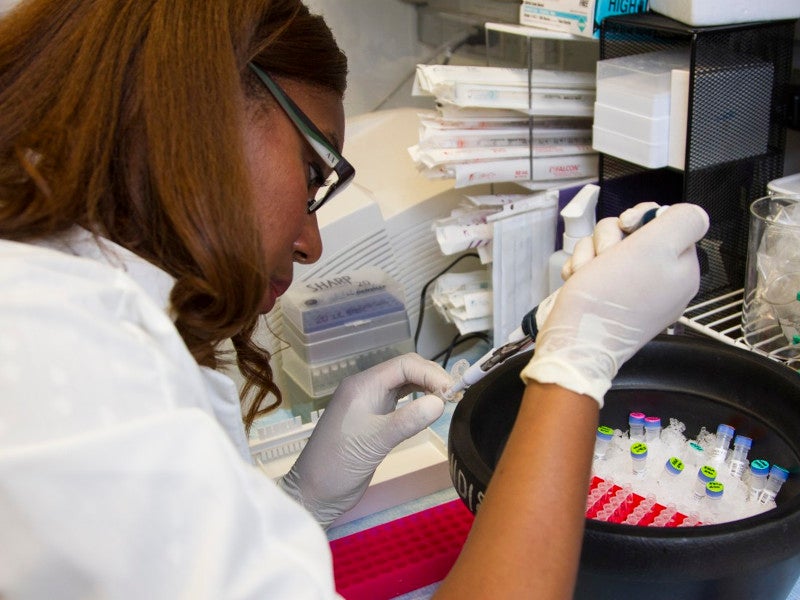Cellectis’ Innovative Manufacturing Plant for Allogeneic Cellular Therapies (IMPACT) located in Raleigh, North Carolina, US, was developed to improve the company’s production capabilities.
It is used for clinical and commercial-scale production of the company’s allogeneic chimeric antigen receptor (CAR) T-cell products, known as Universal Chimeric Antigen Receptor T-cells (UCART).
Announced in March 2019, the plant was developed with an investment of $68.6m.
The facility became operational in October 2021 and generated approximately 200 new jobs.
Location
Cellectis’ cellular therapies manufacturing facility is located in Sumner Business Park at 2500 Sumner Boulevard in Wake County, North Raleigh. The company had leased the property through its subsidiary, Cellectis Biologics.
Spread across 83.5 acres (33.8 hectares), the business park is located on Old Wake Forest Road between US Route 1 and the Interstate 540 Interchange Outer Loop. It has parking areas and buildings with brick and glass fronts.
Raleigh was selected due to strong support from the local government and its positive attitude towards innovative companies.
Details of Cellectis’ IMPACT facility
Cellectis’ IMPACT facility is an 82,000ft² (7,618m²) state-of-the-art, good manufacturing practices (GMP) compliant manufacturing facility dedicated to the development of UCART products. The company previously manufactured UCART for clinical trials, as well as starting materials through contract manufacturing organisations MolMed and CellForCure.
The manufacturing plant follows GMP guidelines according to the US Food and Drug Administration (FDA) and European Medicines Agency (EMA). It is also equipped to support future regulatory approvals.
Details of Cellectis’ UCART
Cellectis’ UCART products are allogeneic CAR T-cells developed using the company’s gene-editing platform TALEN® and the company’s proprietary PulseAgile electroporation technologies.
A UCART product with modified attributes targets selective tumour antigens and harnesses the immune system’s ability to target cancer cells in the body.
TALEN allows for precise and targeted modification of a gene and engineers it into a product with safer and more compatible features. PulseAgile electroporation technologies are used to deliver mRNA or DNA into the cells using controlled electric fields.
The UCART products are easy to use, high-yielding, and will combat the drug price issues by lowering production costs. The main UCART candidates in the company’s portfolio are UCART19, UCART123, UCART22, UCARTCS1, UCARTCLL1, ALLO-501, ALLO-715 and ALLO-819.
Financing
The State of North Carolina’s support for the company’s expansion was led by the North Carolina Department of Commerce and the Economic Development Partnership of North Carolina.The expansion was supported, in part, by the state’s Economic Investment Committee-approved Job Development Investment Grant.
Contractors involved
Colliers International, a commercial real estate services provider, assisted in concluding the real estate transaction for the lease of the new manufacturing facility in March 2019.
CRB Group, an engineering, architecture, construction and consultancy services provider, was selected by Cellectis to design and build the first phase of the facility. The design helped to organise the available space at the facility to bring flexibility and adaptation as technology advances.
Marketing commentary on Cellectis
Cellectis is involved in the development of UCART-based immunotherapies. The company also operates a 14,000ft² manufacturing facility in Paris named Starting Material Realization for CAR-T products (SMART).
The French plant manufactures and supplies important starting materials for clinical trials and UCART products. AstraZeneca, Allogene Therapeutics, Servier, Iovance Biotherapeutics and Primera Therapeutics are the company’s partners in the development, manufacturing and commercialisation of the products.





